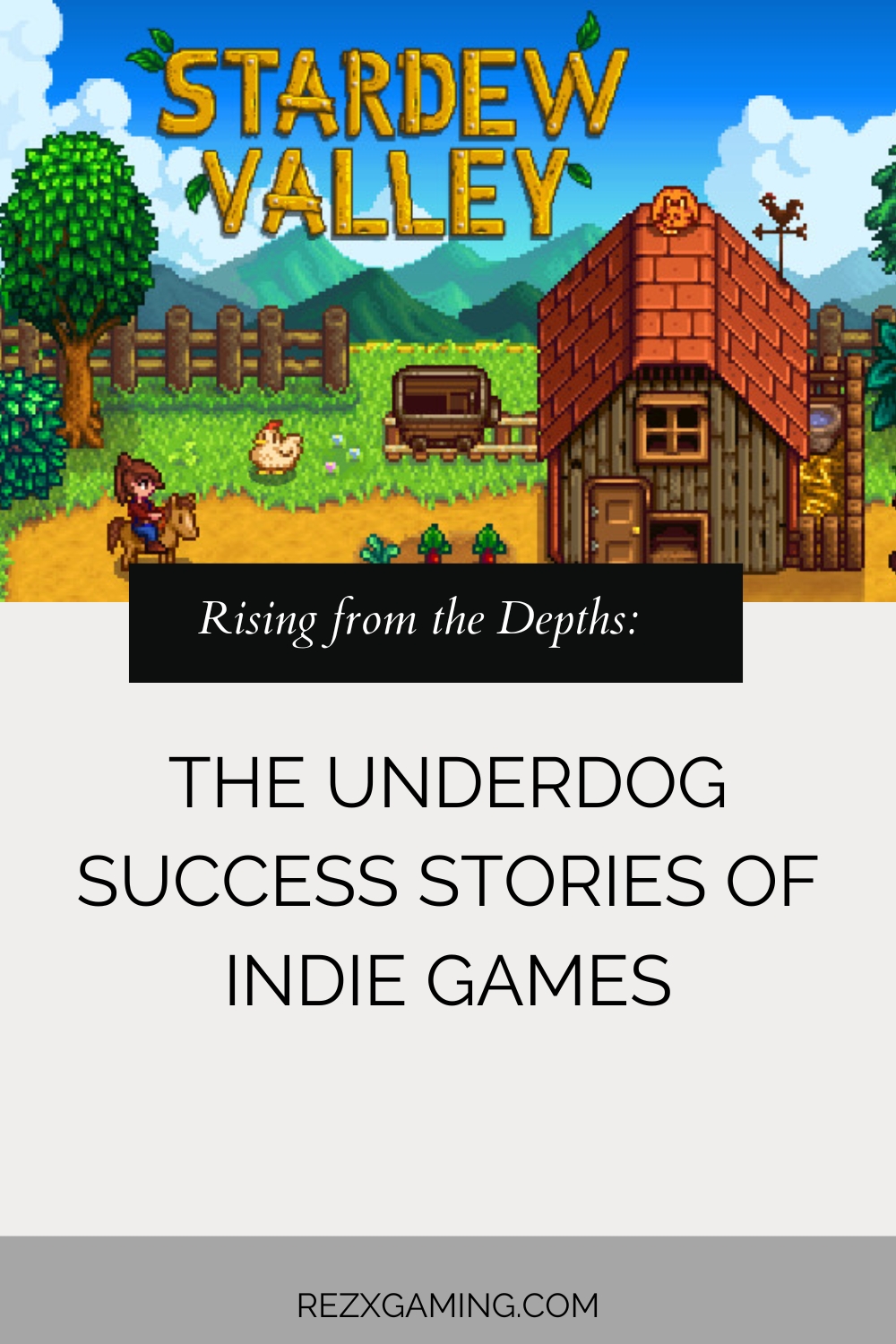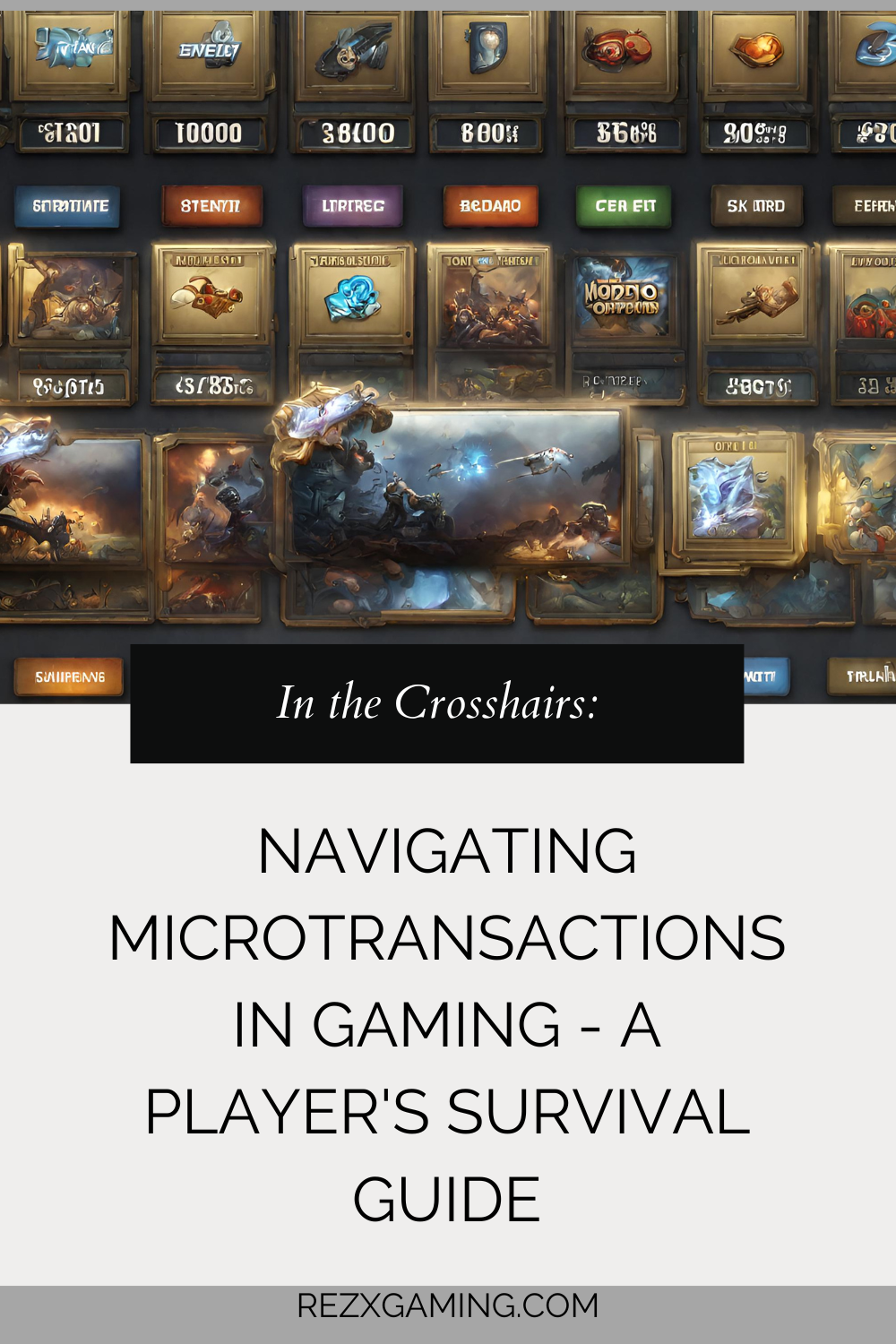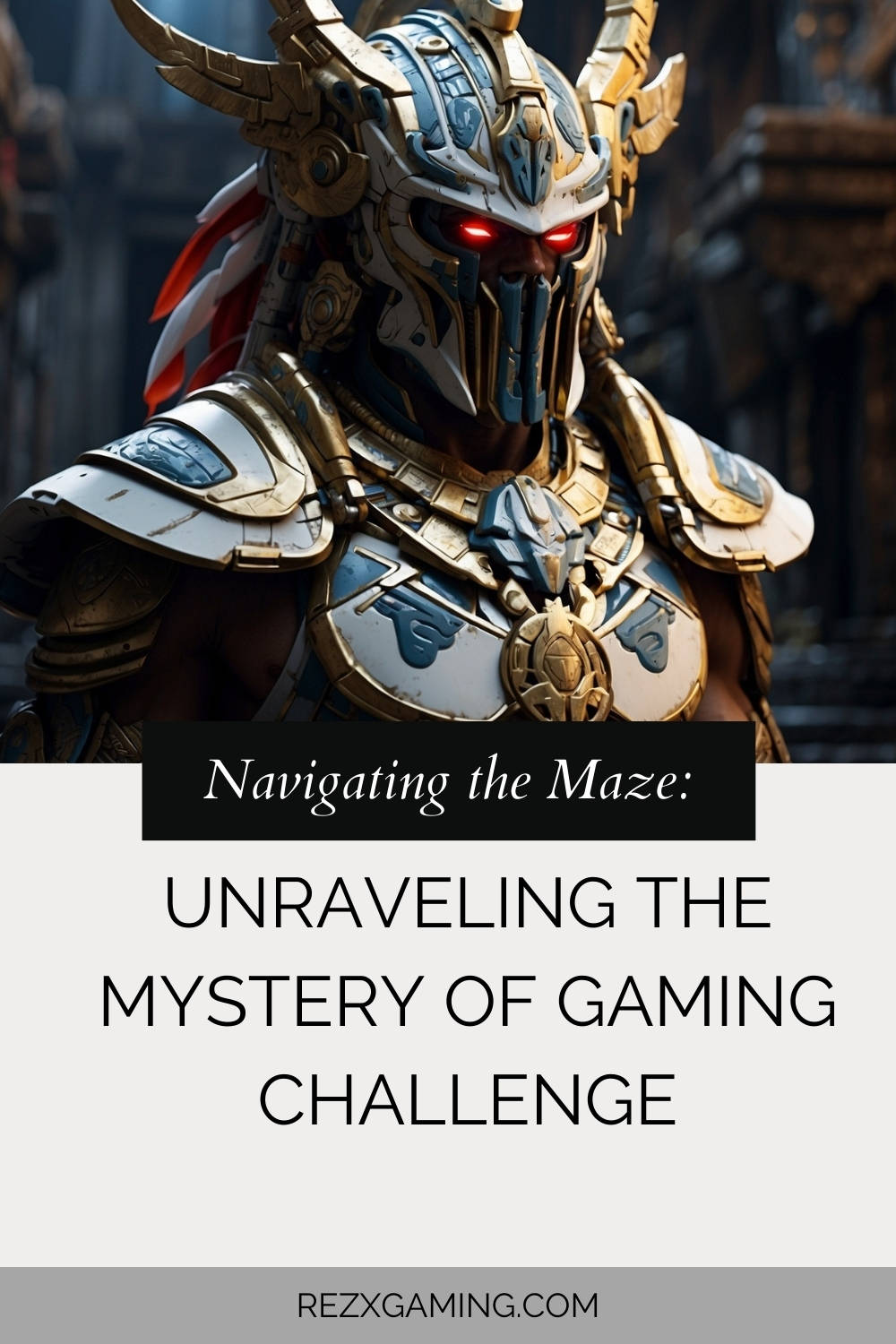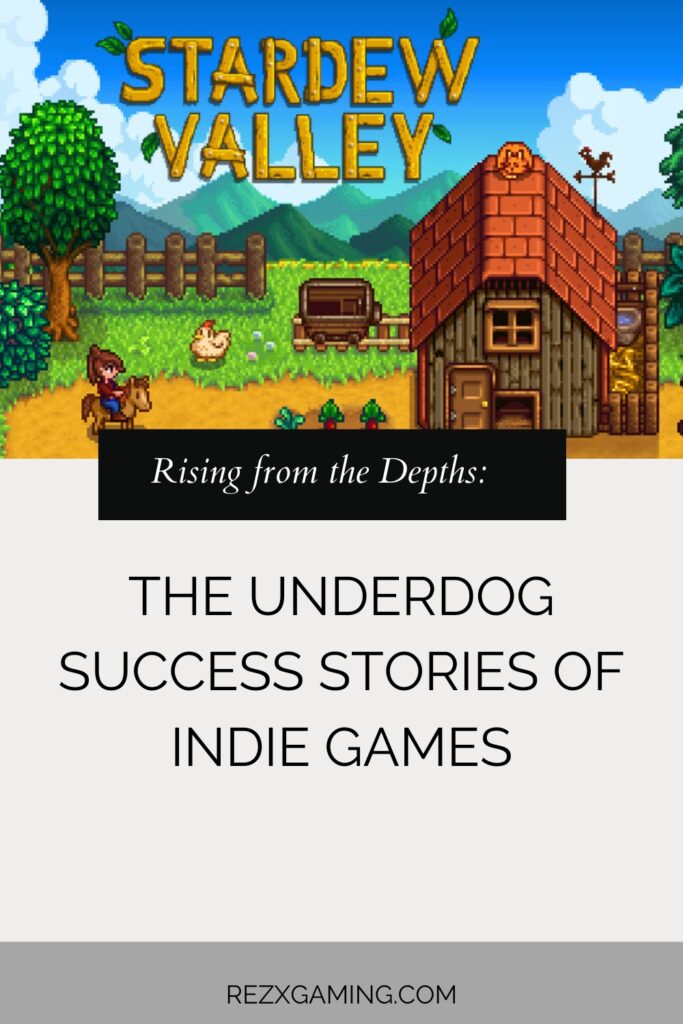
In the fiercely competitive landscape of the gaming industry, indie games often find themselves battling against the odds, armed with little more than creativity, passion, and a dream. Yet, against all expectations, many indie titles have risen from obscurity to achieve widespread acclaim and success, becoming beloved classics in their own right. In this blog post, we’ll shine a spotlight on these underdog success stories, exploring the journeys of indie games that defied the odds and captured the hearts of players worldwide.
Undertale

Undertale, created by Toby Fox, emerged as a shining beacon of creativity in the RPG genre. With its charming retro aesthetic, unconventional narrative choices, and innovative gameplay mechanics, Undertale captured the imagination of players and critics alike. Despite its modest beginnings, Undertale quickly became a cultural phenomenon, proving that a small indie game could stand toe-to-toe with industry giants.
Celeste
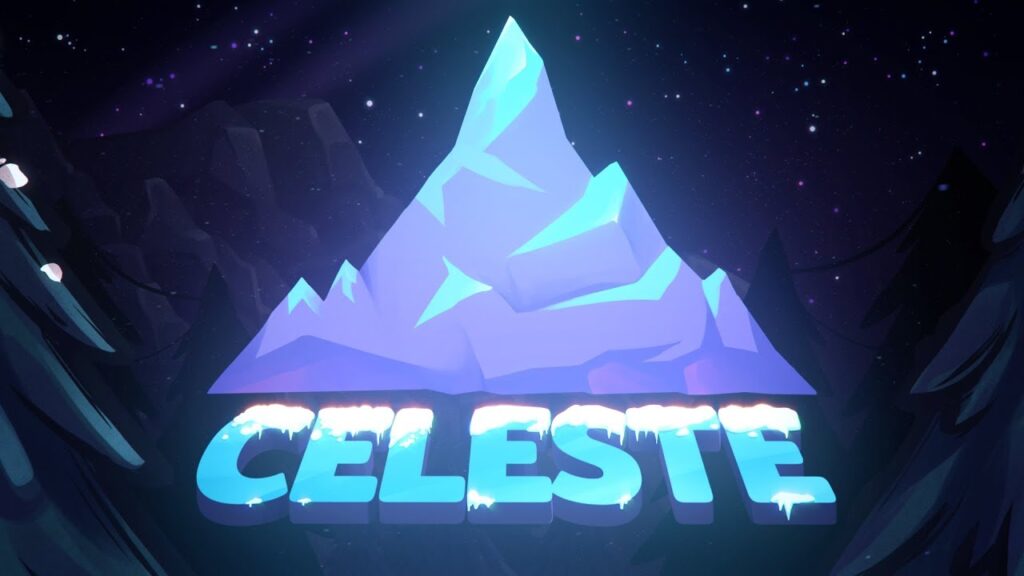
Celeste, developed by Maddy Makes Games, started as a passion project with humble aspirations. Yet, with its challenging platforming, heartfelt storytelling, and stunning pixel art visuals, Celeste soared to unprecedented heights. The game’s honest portrayal of mental health issues struck a chord with players, earning universal praise and numerous awards. Celeste’s success serves as a testament to the power of determination and authenticity in game development.
Hollow Knight
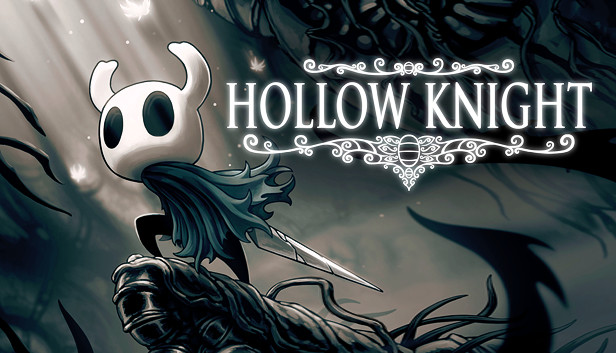
Hollow Knight, crafted by Team Cherry, emerged from the shadows to redefine the Metroidvania genre. With its hauntingly beautiful art design, intricate level design, and immersive atmosphere, Hollow Knight transported players to a world brimming with mystery and intrigue. Despite its indie origins, Hollow Knight garnered widespread critical acclaim and a dedicated fanbase, solidifying its place as a modern classic.
Stardew Valley
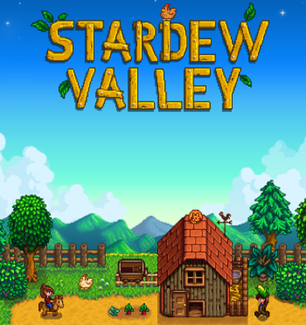
Stardew Valley, created by ConcernedApe (Eric Barone), began as a solo project fueled by a love for farming simulation games. Against all odds, Stardew Valley blossomed into a cultural phenomenon, captivating players with its charming retro aesthetic, addictive gameplay loop, and heartwarming character interactions. The game’s emphasis on community, friendship, and self-discovery struck a chord with players worldwide, fostering a passionate and engaged community that continues to thrive to this day.
Braid
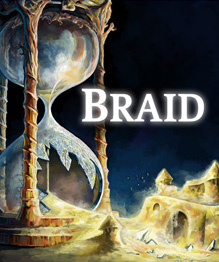
Braid, developed by Jonathan Blow, defied conventions with its thought-provoking puzzles, time manipulation mechanics, and philosophical storytelling. Despite being an indie title, Braid garnered widespread critical acclaim and commercial success, earning praise for its innovative gameplay and narrative depth. Braid’s success paved the way for future indie developers, demonstrating that bold ideas and inventive gameplay mechanics could captivate audiences and leave a lasting impact on the industry.
Conclusion:
In a landscape dominated by blockbuster franchises and multimillion-dollar budgets, indie games stand as shining examples of creativity, innovation, and resilience. The success stories of Undertale, Celeste, Hollow Knight, Stardew Valley, and Braid serve as inspiring reminders that passion and determination can overcome even the most daunting obstacles. As we celebrate these underdog triumphs, let us continue to champion indie developers and their contributions to the rich and diverse tapestry of the gaming world.

